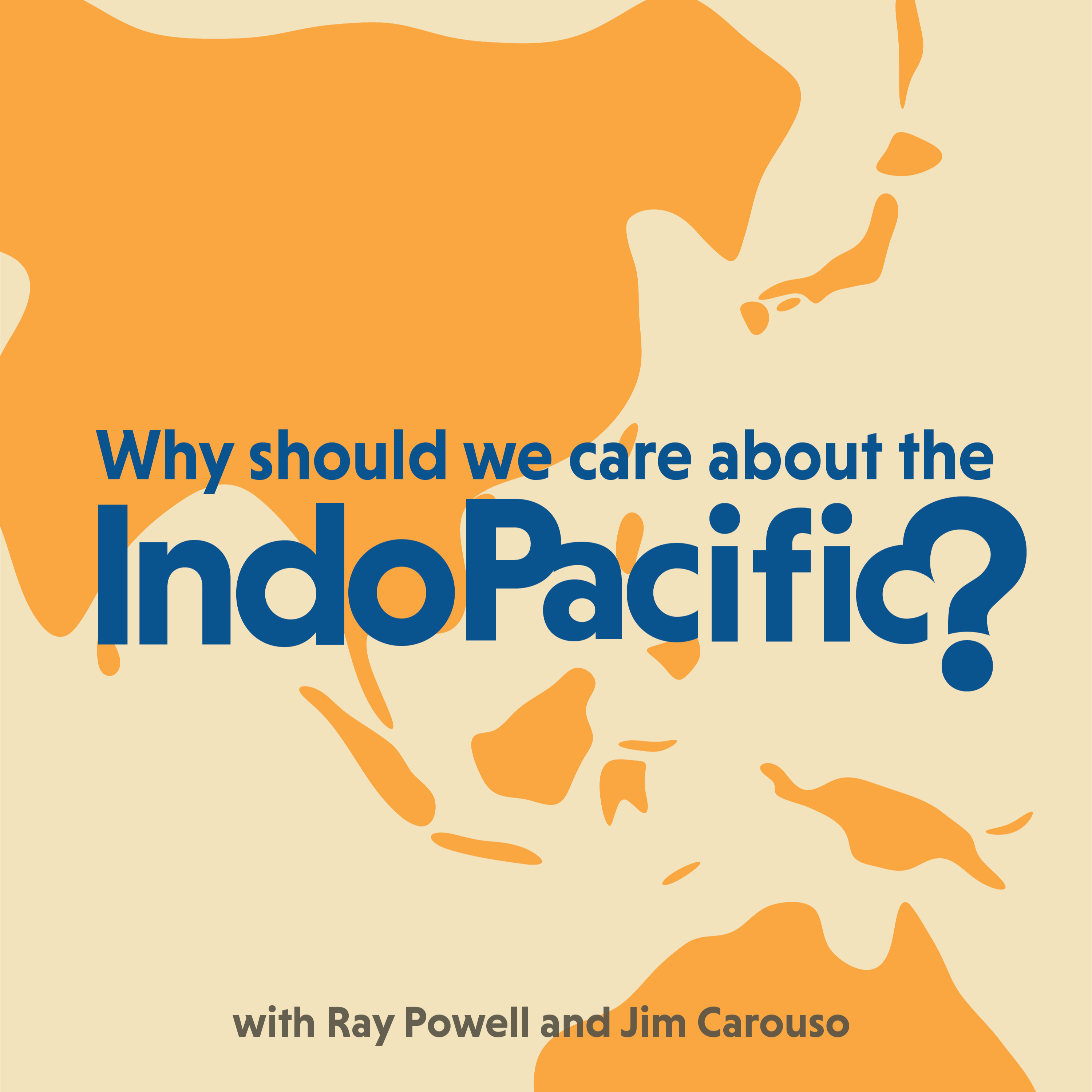
Why Should We Care About Asia’s Growing Energy Needs?

Why Should We Care About the Indo-Pacific?
Deep Dive
Shownotes Transcript
Paul Everingham joins Ray and Jim to explain that liquefied natural gas (LNG) demand in Asia is expected to nearly double by 2050. The initial growth will be driven by North Asia (especially China), with South Asia and Southeast Asia becoming the main growth centers after 2035. This surge is tied to Asia’s rapid economic development, growing energy needs, and the region’s transition from coal.
Asia is projected to account for 50% of global economic growth and a growing share of global emissions. Addressing energy needs and emissions in Asia is crucial for global climate goals and humanitarian progress, as many Asian countries still rely heavily on coal and lack access to clean energy and modern amenities.
Paul describes LNG as more than just a bridge to renewables—it’s vital for economic and national security, and asserts that LNG is cleaner than coal and oil and provides reliable "baseload" and "peaking" power, which renewables like wind and solar currently can’t match due to their intermittency and storage limitations.
The Biden administration’s pause on US LNG export facilities was discussed, with Paul arguing that such moves are more political than scientific. He stresses that immediate transitions from coal to renewables aren’t feasible in Asia due to infrastructure and storage constraints, and that gas is essential for meeting Paris climate commitments.
Despite a slowing economy and population decline, China’s energy demand is rising as it seeks to reduce new coal plant construction and diversify gas imports away from reliance on Russia. China is investing in both renewables and LNG to ensure energy security.
The conversation highlights that global energy demand is rising, not just shifting. Coal use is at record highs, and the US is facing new surges in energy demand due to AI and data centers. Paul advocates for an "all of the above" approach, including nuclear, gas, and renewables, to meet growing needs.
Paul says LNG offers more flexible supply options than pipeline gas, reducing dependency on single suppliers. However, building out LNG infrastructure is capital-intensive and complex. The US, Qatar, and Australia are the dominant LNG exporters, but the US is expected to become the leading supplier by 2040, especially as Asian demand grows.
Qatar is a major player due to its vast gas reserves and strategic, conservative development. Indonesia and Malaysia were early LNG exporters, but their fields are now in decline. The US, with its massive shale gas reserves, is poised to shape global markets, especially as new fields come online.
The vulnerability of LNG supply lines to blockades (e.g., Taiwan) and the strategic importance of the South China Sea’s energy resources were discussed. China’s control over disputed areas impacts the ability of countries like the Philippines and Vietnam to develop their own gas fields.
Follow us on X, @IndoPacPodcast); or on LinkedIn) or BlueSky).
Follow Ray Powell on X (@GordianKnotRa)y) or on LinkedIn).
Follow Jim Carouso on LinkedIn).
This podcast is sponsored by BowerGroupAsia), a strategic advisory firm that specializes in the Indo-Pacific.